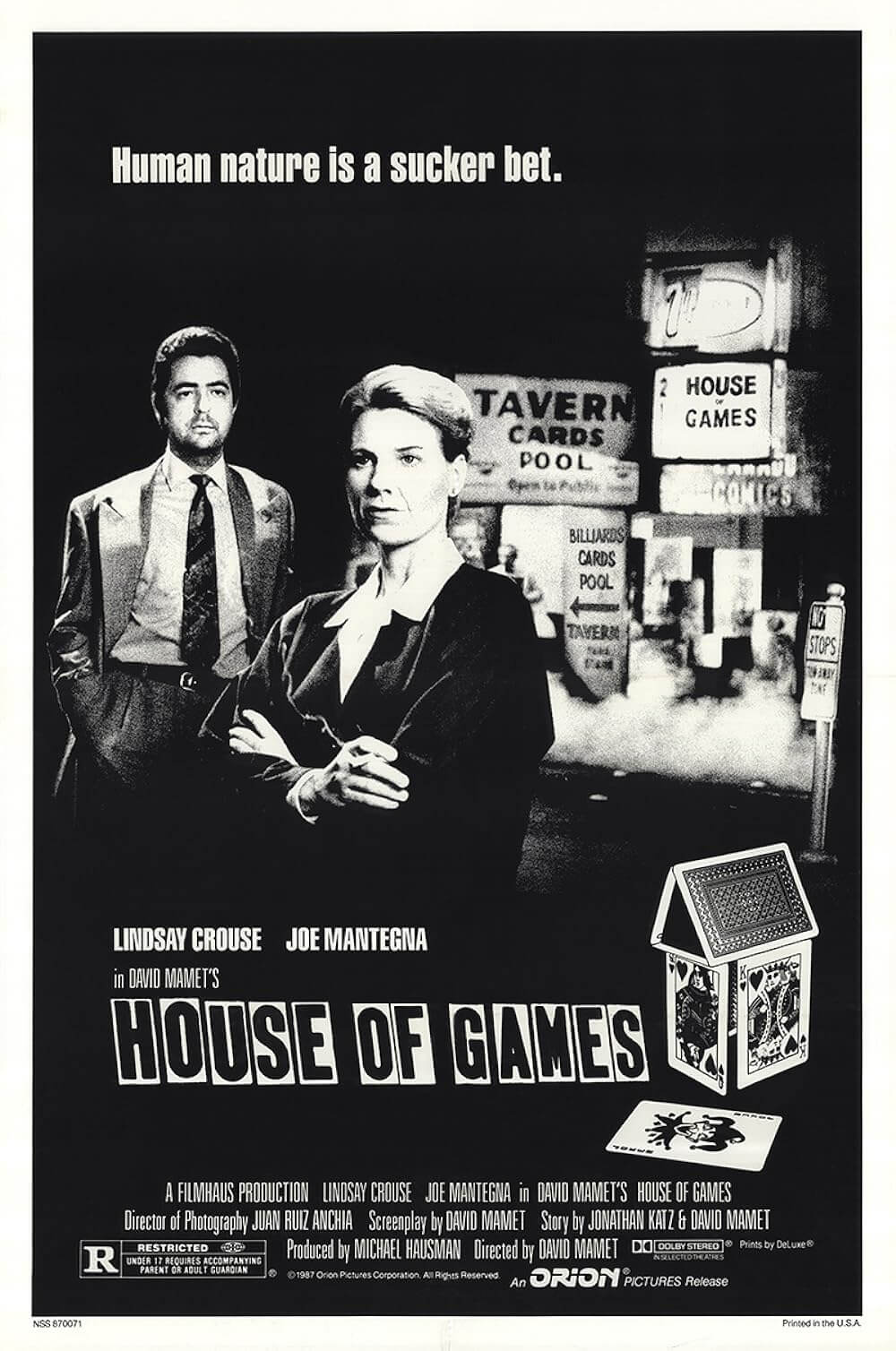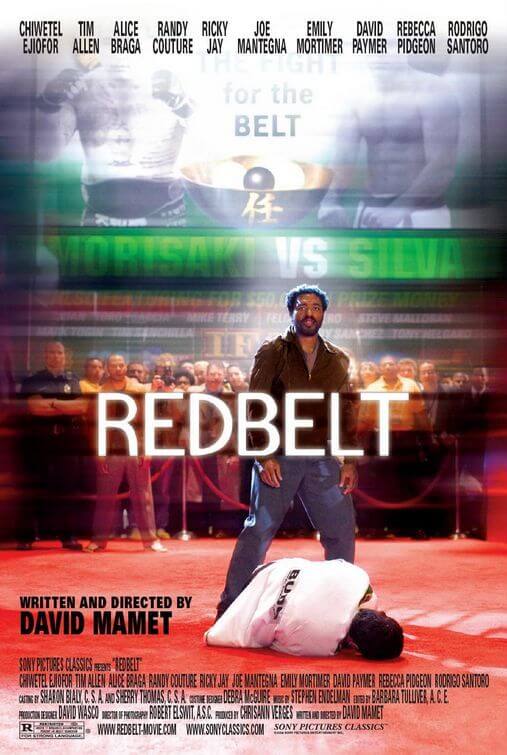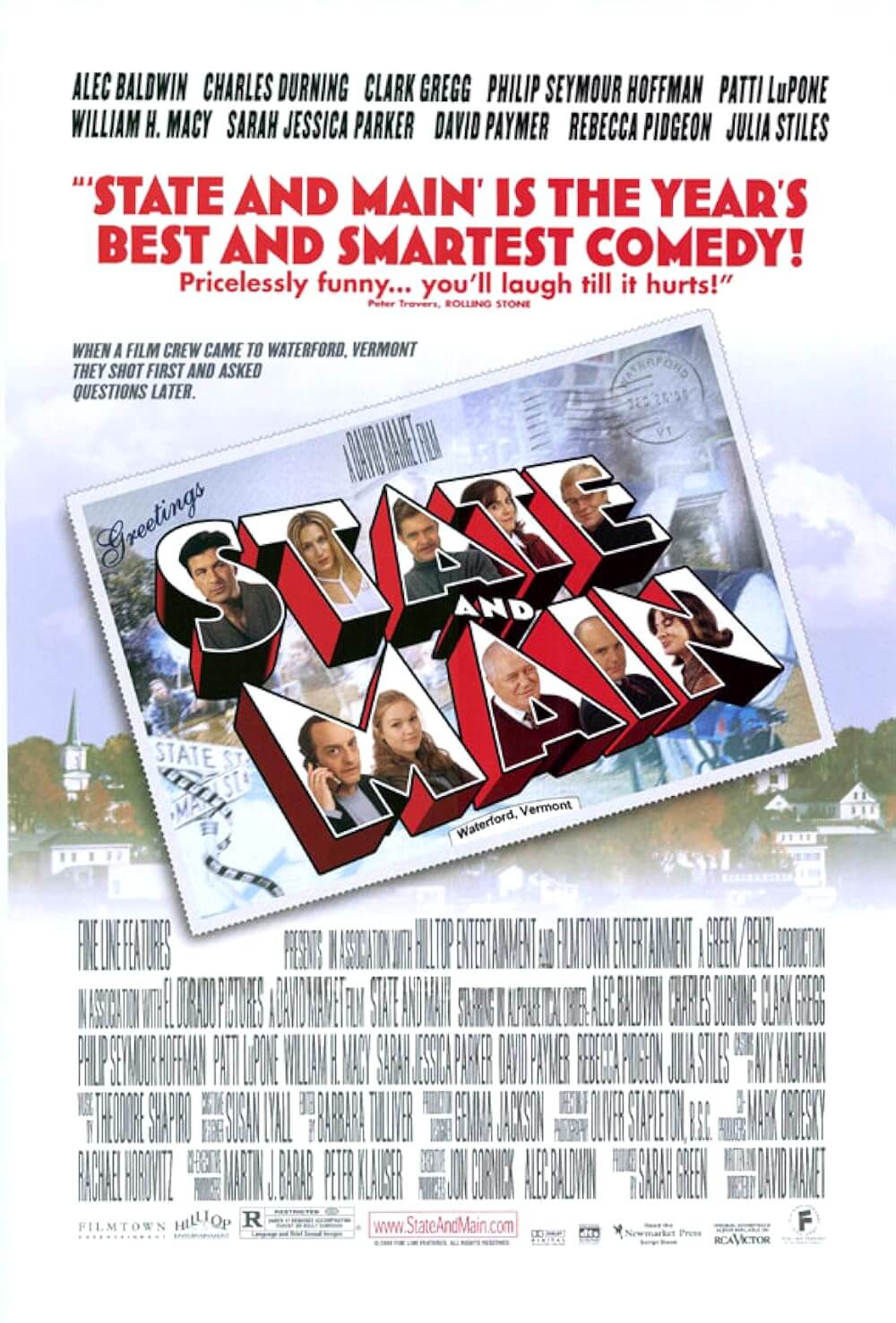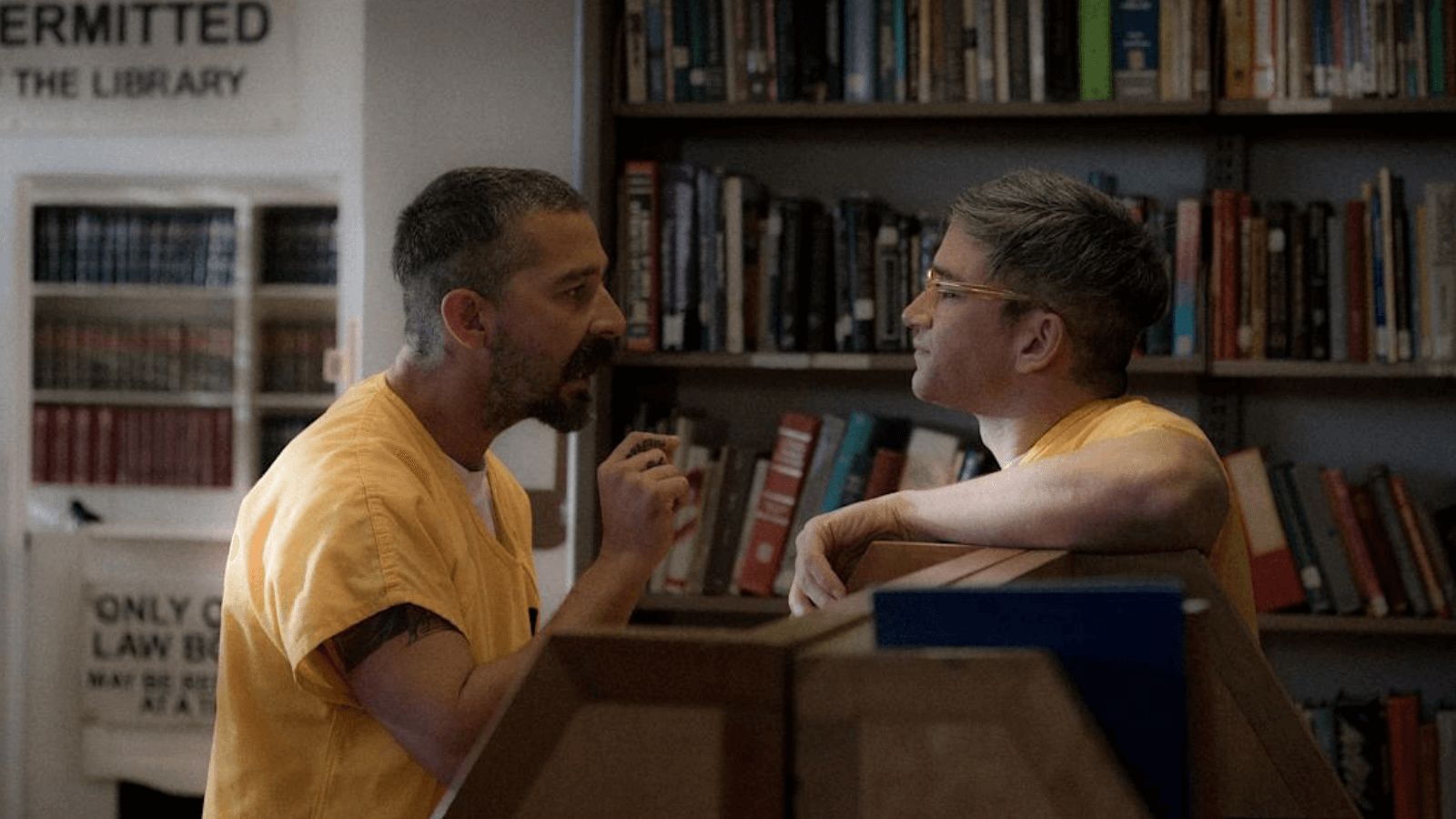
Henry Johnson
By Brian Eggert |
After some time with Henry Johnson, both the film and the character, I grew tired of hearing about what it means to be a man. But writer-director David Mamet remains obsessed with the concept. Masculinity has been central to his writing, whether in his weaponized rat-tat-tat language that supplies strategic interruptions and repetitions that lead to dominance and control in every conversation, or as a thematic preoccupation in his ongoing investigation of male identity. It permeates his work, sometimes in fascinating ways. See Glengarry Glen Ross, his Pulitzer Prize-winning play from 1983 (made into a fantastic film in 1992 by the late director James Foley) that considers a spectrum of male power in competition, duplicity, and survival. Whether his characters are con men, elite secret service agents, mobsters, or movie producers, Mamet dramatizes their ability to establish and maintain control through battles in which words are mightier than the sword, gun, or sales quota.
Words, more specifically, talk, become a powerful force in Mamet’s hands. It’s what he’s known for. After all, how many writers can claim to have a style of language named after them? “Mametspeak” has defined the playwright and filmmaker’s output since the 1970s, even in screenwriter-for-hire gigs such as The Untouchables (1987) and Hoffa (1992). It’s also the focus of Henry Johnson, which marks the first feature Mamet has directed in 17 years, since 2008’s Redbelt. The film is an adaptation of his 2023 play, which premiered in Los Angeles and has since expanded to Chicago. More than almost any film in his career, it’s an example of why filmed theater is sometimes uncinematic. The other primary example from Mamet’s filmography is Oleanna, his lifeless 1994 adaptation of his 1992 play that interrogates patriarchal power and sexual harassment in a student-teacher relationship. Little about that material worked as a movie; the same can be said about Henry Johnson.
Arranged in four scenes and three locations, the film pairs the titular character (Evan Jonigkeit, Mamet’s son-in-law) with a series of more powerful and intelligent men who run circles around him. The hollow, passive protagonist—if he can be called a protagonist; he’s more of a cipher—first appears in an office, where he attempts to convince his boss, Mr. Barnes (Chris Bauer, a regular in Mamet’s stage work), to hire his old college pal who just got out of prison. His ex-con friend served time for manslaughter after he slipped an abortifacient drug into his partner during sex. Henry argues that criminals can be rehabilitated, but Barnes slices through Henry with his imposing presence and control of the conversation. He convinces Henry that his unnamed friend, an obvious sociopath, manipulated him. Moreover, Barnes reveals that the entire conversation has been a pretense, that he knows Henry embezzled $300,000 to pay for his friend’s defense attorneys and intends to prosecute.
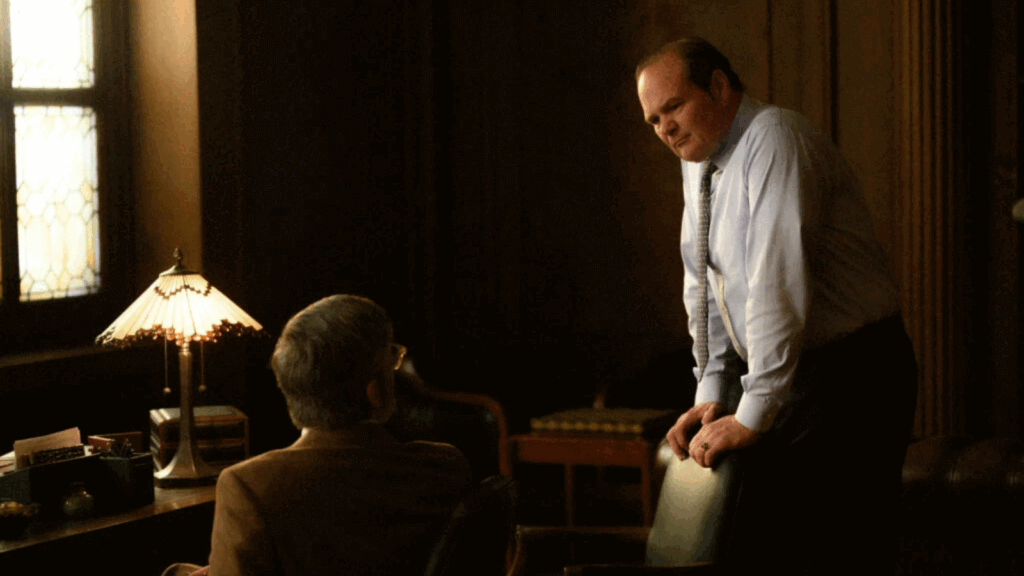
This clever and twisting scene is followed by three less engaging scenes that unfold in prison after Henry has been found guilty of his crime. Henry continues his passive role in conversations with his fellow inmate, Gene (Shia LaBeouf), and later a prison guard (Dominic Hoffman). But the excellent first scene implied everything that needed to be said, and the latter three repeat the pattern. The scenes consist of flowing dialogue, effectively performed by the all-male cast. The settings are unfussy, natural, and captured in crisp detail by cinematographer Sing Howe Yam. Still, I didn’t believe any character or situation for one moment, and the dialogue felt like Mamet trying to recapture his earlier glory, particularly in the final three scenes. Not since the staginess of Oleanna has Mamet’s work as a film director felt so inessential and uncompelling. While Mamet’s dialogue proves cleverly structured, and there’s an undeniable pleasure in untangling the intellectual knots in his winding speech patterns and their meaning, Henry Johnson doesn’t make for an engaging narrative or moving cinema.
At times, the film plays like a political diatribe. Mamet has fallen into the trap of political radicalization, taking a hard turn into far-right views with his vocal support of Donald Trump and regular Fox News appearances. Watching Henry Johnson, the viewer can hear his politics in his characters. In particular, LaBeouf’s Gene sounds like the misogynist mouthpiece for his writer-director, spouting off about politicians’ empty promises and why women flirt. There’s much discussion about how “feminized” men are asleep and how carrying a firearm “keeps you in check.” In a world that feels overcome by politics, such a pointed commentary feels robbed of drama in favor of political ends. It’s also worth speculating whether Mamet’s views and preachiness have prevented this film from earning wider distribution. Premiering at a single theater in Los Angeles, the film has an otherwise unique day-and-date rollout. Viewers can access it on the official website (https://henryjohnsonmovie.com/), but as of this writing, it is not available on any other VOD platforms.
Mamet’s worldview in Henry Johnson equates to a tired Darwinist commentary on the survival of the fittest. Those like Henry, who come equipped with an innate “urge to surrender” and too easily give their trust to others, will be exploited and become lunch in this dog-eat-dog world. The real men manipulate and control others, and they have an advantage because they can see when others try to manipulate them. These ideas, and the general air of Mamet’s didactic, self-satisfied dialogue, may resonate more in a live theatrical setting. Unfortunately, I have not seen the play and can only speculate. But as a film, the dialogue-driven experience lacks the edge of live drama, regardless of how much the camera dwells on the actors’ faces. Given that the shoot reportedly lasted less than a week, perhaps more time should have been spent on the process of adapting the material into a movie instead of merely capturing the dialogue from multiple camera angles. As is, it’s stilted and airless cinema, which only accentuates its problems as a drama.
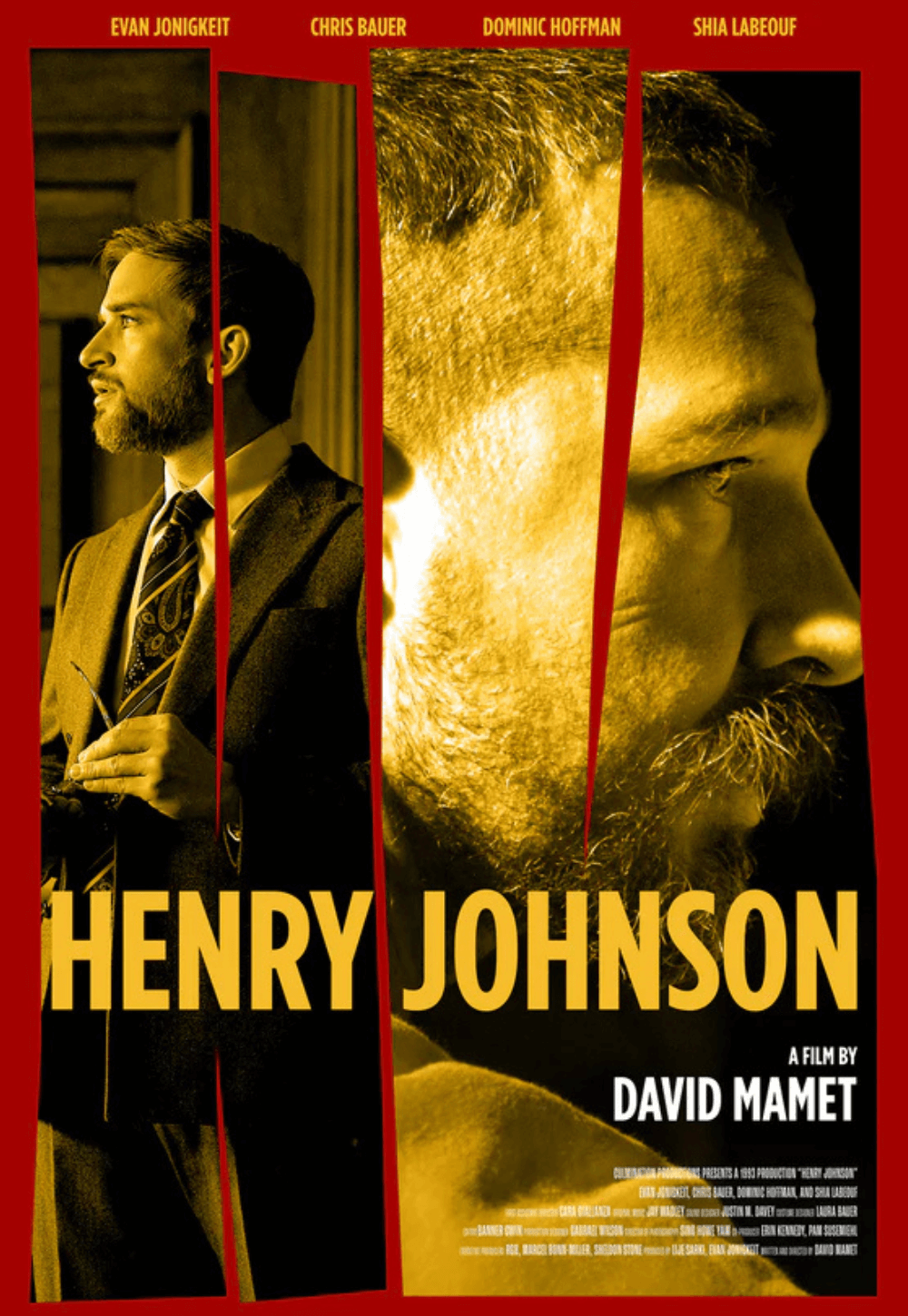
Thank You for Supporting Independent Film Criticism
If the work on DFR has added something meaningful to your love of movies, please consider supporting it.
Here are a few ways to show your support: make a one-time donation, join DFR’s Patreon for access to exclusive writing, or show your support in other ways.
Your contribution helps keep this site running independently. However you choose to support the site, please know that it’s appreciated.
Thank you for reading, and for making this work possible.
Brian Eggert | Critic, Founder
Deep Focus Review


